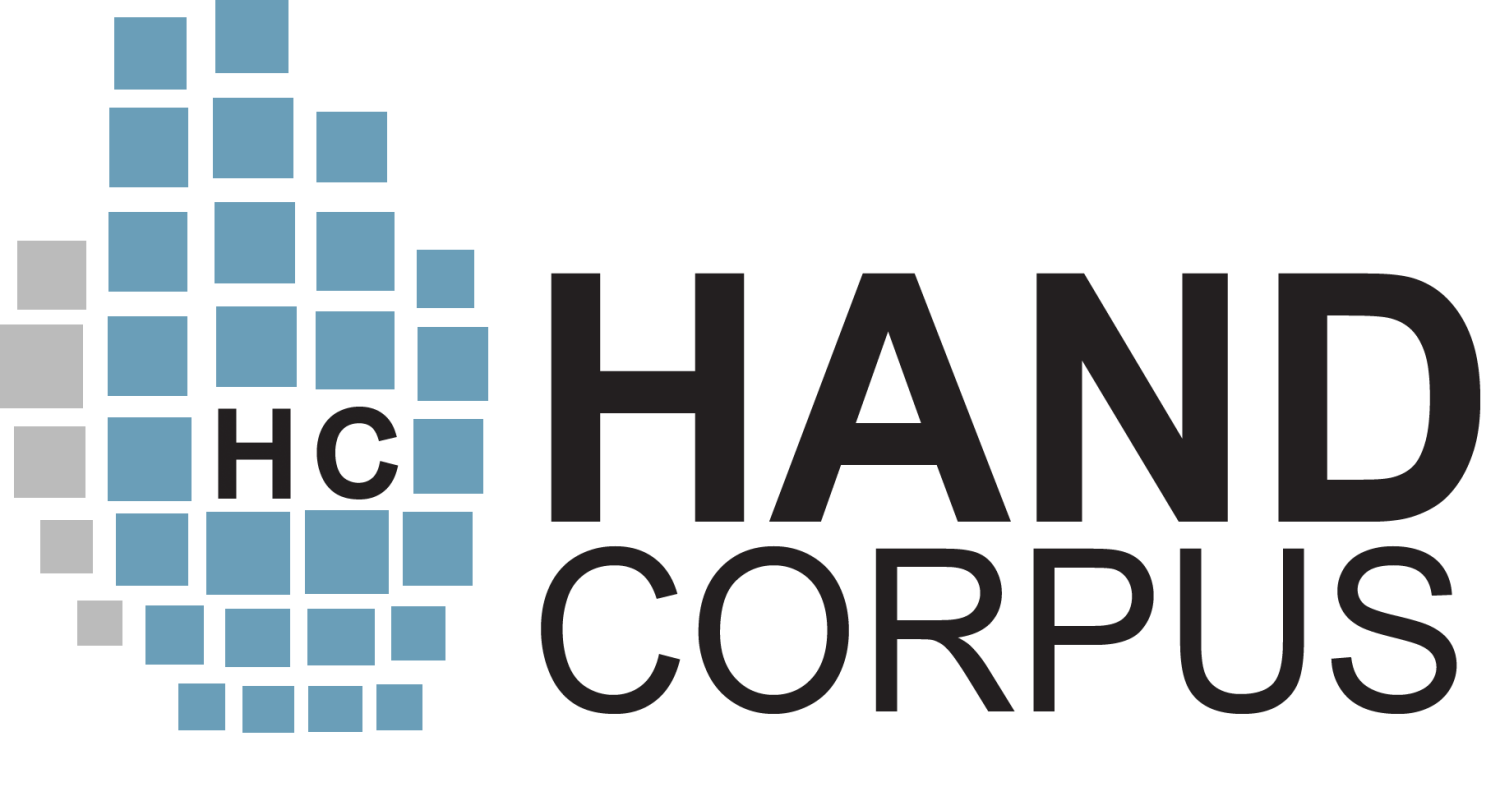Ioannis Filippidis, Kostas Kyriakopoulos and Panagiotis Artemiadis, “Navigation Functions Learning from Experiments: Application to Anthropomorphic Grasping,” IEEE International Conference on Robotics and Automation (ICRA), pp. 570-575, 2012. [PDF] [External Link]
Abstract:
This paper proposes a method to construct Navigation Functions (NF) from experimental trajectories in an unknown environment. We want to approximate an unknown obstacle function and then use it within an NF. When navigating the same destinations with the experiments, this NF should produce the same trajectories as the experiments. This requirement is equivalent to a partial differential equation (PDE). Solving the PDE yields the unknown obstacle function, expressed with spline basis functions. We apply this new method to anthropomorphic grasping, producing automatic trajectories similar to the observed ones. The grasping experiments were performed for a set of different objects, Principal Component Analysis (PCA) allows reduction of the configuration space dimension, where the learning NF method is then applied.
Citation (BibTeX):
@inproceedings{Filippidis2012,
author={Filippidis, I.F. and Kyriakopoulos, K.J. and Artemiadis, P.K.},
booktitle={Robotics and Automation (ICRA), 2012 IEEE International Conference on}, title={Navigation functions learning from experiments: Application to anthropomorphic grasping},
year={2012},
month={may},
volume={},
number={},
pages={570-575},
doi={10.1109/ICRA.2012.6225168},
ISSN={1050-4729},}
